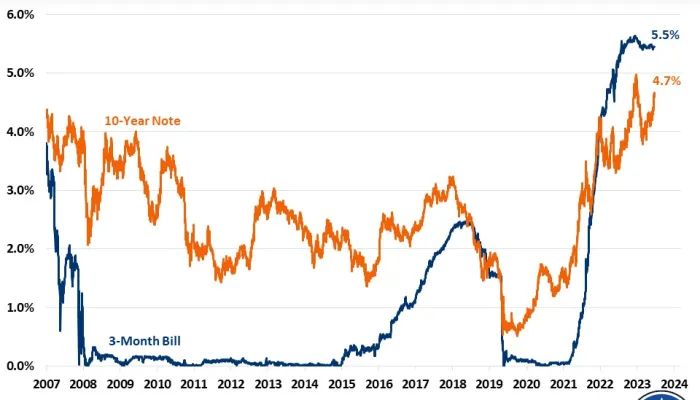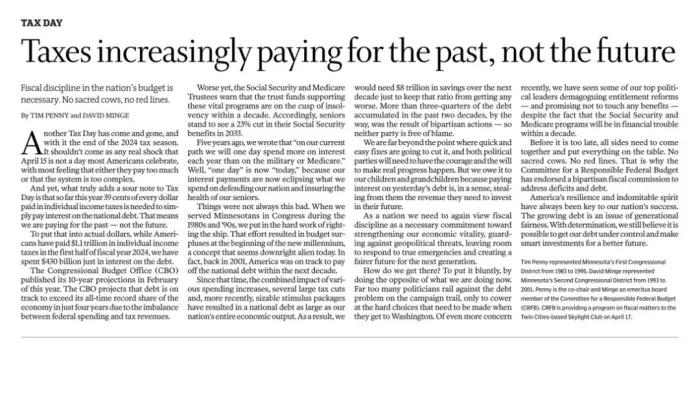The Administrative Side of the Fiscal Cliff
Yesterday's The Hill reported on a letter that acting IRS commissioner Steven Miller sent to the heads of the House Ways and Means and Senate Finance Committees. The main message: not patching the Alternative Minimum Tax (AMT) would be a nightmare.
For background, the AMT is an alternative tax that taxpayers face if their regular tax liability is below what they face under the AMT. To avoid the AMT hitting lower and middle-income taxpayers, there is a large exemption amount from the tax. However, that amount is not indexed to inflation, so Congress frequently has to "patch" it to avoid the exemption from falling substantially. The last exemption patch expired at the end of 2011 and will affect filers for tax year 2012 beginning in January.
If the AMT is not patched by the end of the year (the last one expired at the end of 2011), the exemption would fall from about $50,000 for single filers and $75,000 for joint filers to $33,500 and $45,000 respectively. Without a patch, 22 percent of all taxpayers would be hit with an average $2,700 tax increase. The distribution of this tax increase is concentrated in the upper 20 percent earners, specifically the 80th to 99th percentiles. The top 1 percent is much less affected since they get much of their income from capital gains, which are not hit by the AMT.
Source: Tax Policy Center
Commissioner Miller warns that the number of taxpayers facing the AMT would rise from five million to 33 million. From an administrative and tax filing perspective, it also would be a disaster. Millions of taxpayers would suddenly find themselves facing a much higher tax burden than they expected, and the IRS may have difficulty calculating refunds for taxpayers based on the new system. Miller says that the IRS would have to scramble to reconfigure its processing system to account for the lack of a patch.
Economically, the AMT patch is one part of the fiscal cliff that is more back-loaded, since taxpayers don't face the higher tax burden right away--only as they file their returns. Still, much of the impact from the AMT--to the tune of $92 billion--would be felt by Tax Day next year. And since the AMT was never intended to hit the middle class, failure to patch the AMT would clearly be an adverse unintended consequence.
We have talked before about the issues that the temporary and complex nature of the tax code presents for tax administration. The AMT patch is one of the clear problems in our code and lawmakers should address the AMT to eliminate this reoccurring problem. Reforming the tax code should be a top priority for a number of reasons, including the difficulty of enforcing the current code.


